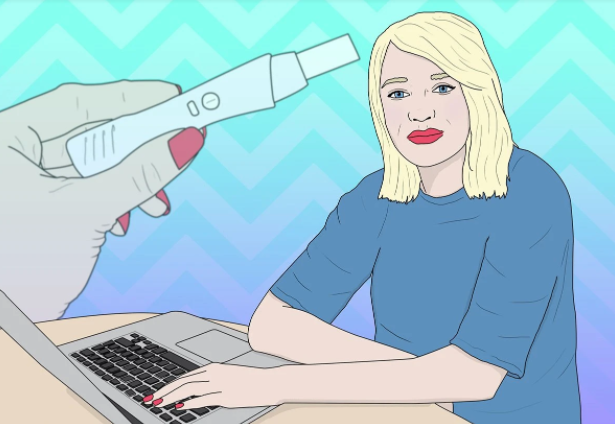GnRH – What It Is and How Does It Work During IVF
GnRH is the shortened form of gonadotropin-releasing hormone. The human brain has the hypothalamus, which releases this hormone. This hormone takes action on receptors that lie in the front pituitary gland and triggers it to produce LH (luteinizing hormone) and FSH (follicle-stimulating hormone. These two hormones act on the testes in men and the ovaries in women. In men, they trigger testes to boost the production and maturation of sperm. In women, they facilitate the ovary in the ovulation and maturation of eggs. The best infertility doctor in Bangalore or your local city comprehends the importance of GnRH in IVF.
GnRH Types
There are two types of gonadotropin-releasing hormone (GnRH) – Agonist and Antagonist.
- Agonist GnRH – At first, a GnRH Agonist creates an urgency in hormones FSH and LH. After that, there is a break in the production of hormones LH and FSH.
- Antagonist GnRH – A GnRH Antagonist doesn’t create any urgency in hormones at the initial stage.
What includes in a GnRH Antagonist or Agonist
During your IVF treatment, your fertility specialist requires a control over your ovulatory cycle. The expert performs it to stop the early ovulation of eggs in your body. And if it occurs earlier, your doctor can’t do retrieval and fertilisation of eggs in the embryology lab. Therefore, your doctor advises you to take a GnRH Antagonist or a GnRH Agonist.
A GnRH Antagonist includes:
- Antagon
- Cetrotide
- Ganirelix
- Orgalutran
On the other hand, a GnRH Agonist includes:
- Lupron
- Synarel
- Suprecur
- Zoladex
Advantages of using a GnRH Antagonist in IVF treatment
Its usage in the IVF treatment is beneficial. Here are some of the advantages a doctor has:
- The use of a GnRH Antagonist makes preventing the premature LH increase more comfortable and less time-consuming. It acts soon after its administration. The doctor administers a GnRH Antagonist when he/she notices a risk of surge in LH.
- Its administration does not have a link with a sharp stimulation of steroid hormones and gonadotropins that take place after the administration of a GnRH Agonist.
- There is no initial stimulation after its administration. The initial stimulation can bring cyst formation.
- It doesn’t cause hot flushes in women during their IVF treatment.
- Its administration in the mid-follicular stage helps the expert to avoid the unintentional administration of a GnRH analogue in the initial stage of pregnancy.
- It helps lower the need for exogenous gonadotropins and the cost of the ovarian stimulation.
- The administration of such a medicine lowers the period of the ovarian stimulation and enhances comfort feeling for a woman on IVF treatment.
Advantages of using a GnRH Agonist in IVF treatment
Using a GnRH Agonist in ART or infertility treatment offers numerous benefits. Here are some of those advantages:
- A GnRH Agonist is associated with a sharp stimulation of steroid hormones and gonadotropins.
- Its administration temporarily turns a female ovary off, leading to a break in the production of progesterone and oestrogen.
- Its intake helps a female manage her heavy menstrual bleeding.
- It is highly effective in infertility treatment, which an expert carries out through ART (assisted reproductive technology).
- The administration of this drug helps treat premenstrual syndrome or PMDD.
- It also helps a fertility specialist in endometriosis and uterine fibroids.
Apart from the above-mentioned benefits, the administration of a GnRH Agonist or Antagonist has a few side effects. Fatigue, mood disturbances, hot flushes, stimulation surge, etc. are some of those disadvantages.
What should you do?
You have to do nothing, as you are already in contact with a fertility doctor for your IVF treatment. The expert will keep a close watch on your IVF cycles and take the requisite action. At your end, you have to just follow his/her advice and take prescribed medications.
| Homepage | Click Hear |

